Description
-
Barbara Natell – Creative Interventions in Motor Control & Learning: Promoting Posture, Movement, & Fine Motor Skills
- Faculty:
- Barbara Natell
- Duration:
- 6 Hours 31 Minutes
- Format:
- Audio and Video
- Copyright:
- Oct 26, 2017
Description
This course will guide clinicians through the development of treatment approaches that integrate multiple perspectives of motor control and learning. The three major factors of motor learning – environmental conditions, cognitive processes, and movement organization through multisensory integration – will be applied to guide motor learning techniques. Design interventions that use the evidence to support greater retention and learning that is realized by patients as enhanced functional mobility. Hands-on experiences will allow you to collaborate on development of effective, holistic interventions that promote optimal function and skills.
Handouts
| Manual – Creative Interventions in Motor Control & Learning (3.39 MB) | 50 Pages | Available after Purchase |
Outline
DEFINE MOTOR CONTROL AND MOTOR LEARNING
EVOLUTION OF THEORIES OF MOTOR CONTROL
- Reflex integration
- Hierarchical Theory
- Motor Programming Theories
- Systems Theory
- Dynamical Action Theory
- Ecological Theory
ADDRESSING FACTORS INFLUENCING THE HABILITATION AND REHABILITATION OF MOTOR CONTROL ALONG A FUNCTIONAL CONTINUUM
- The Individual
- Action
- Degrees of freedom problem
- Phase shifts
- Feedback and feedforward mechanisms
- Neuromuscular, musculoskeletal, and cardiopulmonary
- Motor maps and plasticity
- Lab: Physical handling techniques to promote stability, mobility, and fine motor skills
- Perception
- Integration of the senses and development of mindfulness
- Body image, body scheme, and position in space
- Emotion and the development of “flow”
- Lab: Design interventions to facilitate increased awareness of body scheme, the orienting response, and awareness of the spatial envelope
- Cognition
- Intention, attention, anticipation
- Timing and rhythm
- Effects of mental practice
- Lab: Using music and rhythm to influence enhanced motor control
- Action
- The Task: Activity analysis along a functional continuum
- Mobility
- Stability
- Fine motor control
- The Environment
- Control parameters
- Grading regulatory and non-regulatory factors
- Effects of natural environments
- Lab: Developing strategies for a client-centered environment integrating theoretical perspectives
Faculty
Barbara Natell, MS.ED, OTR/L Related seminars and products: 1
Barbara Natell, MS.ED, OTR/L, brings over 40 years of clinical and academic experience to the occupational therapy field. A graduate of SUNY Buffalo, Ms. Natell has diverse clinical experience with a special passion for the treatment of adults and children with neurological deficits resulting in sensorimotor and learning difficulties. For the past 31 years, she has served as the Director of the Occupational Therapy Assistant program at Pennsylvania College of Technology where she developed curricula and taught topics related to occupational therapy theory and models, normal development, developmental disabilities, rehabilitative practice skills, and clinical reasoning. An active leader in the occupational therapy profession, she served on the Accreditation Council for Occupational Therapy Education from 1995-2006. She has demonstrated a commitment to professional mentorship of students and practitioners and received The Excellence in Teaching Award from Penn College in 2008.
Speaker Disclosures:
Financial: Barbara Natell is director and associate professor at Pennsylvania College of Technology. She receives a speaking honorarium from PESI, Inc.
Non-financial: Barbara Natell is a member of the American Occupational Therapy Association; and Pennsylvania Occupational Therapy Association.
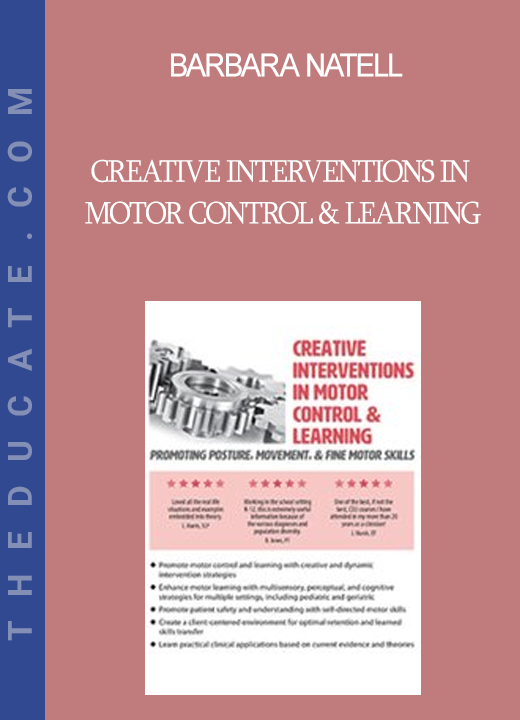
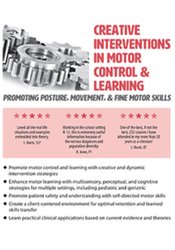

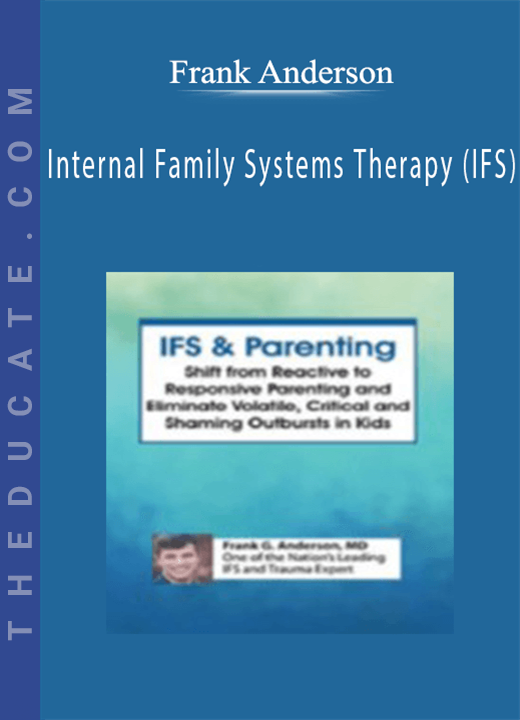
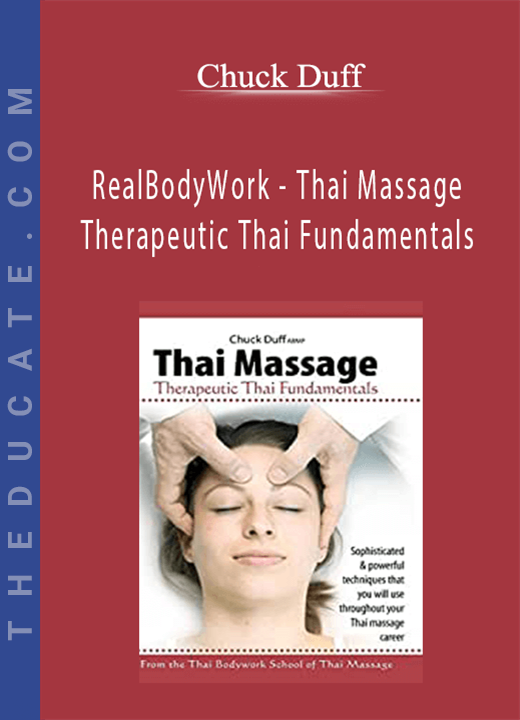
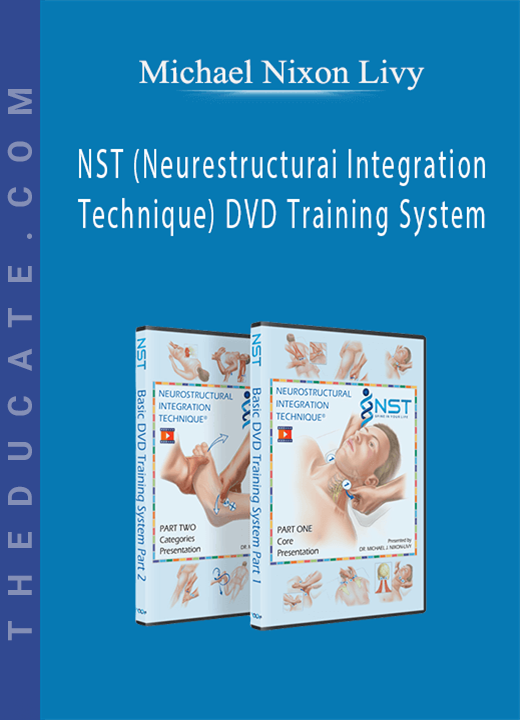
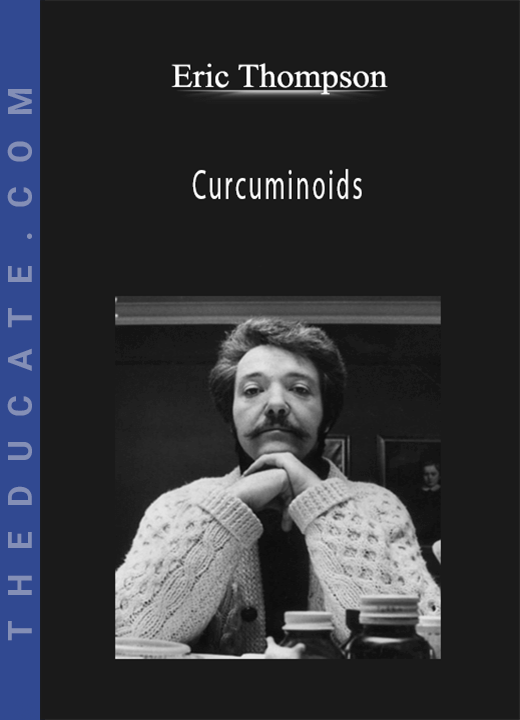
Reviews
There are no reviews yet.